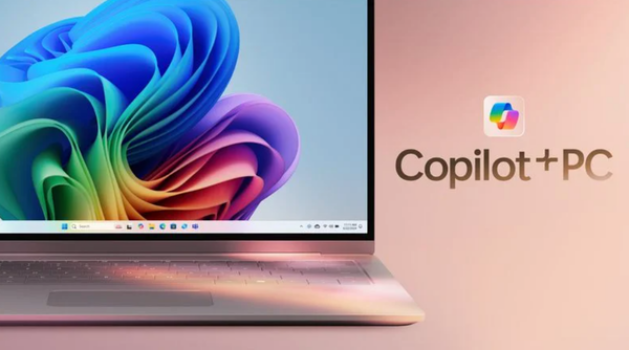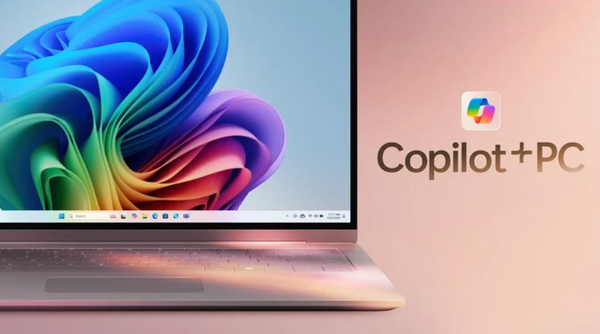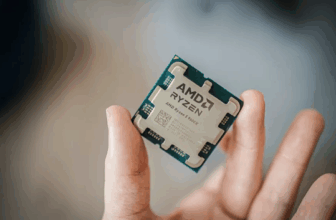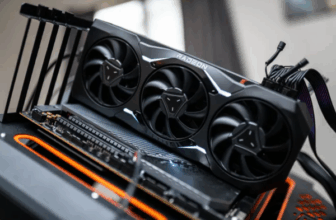Microsoft’s newly launched Copilot+ computers promise ultra-fast performance, extended battery life, and enhanced AI capabilities. However, despite these advantages, their gaming performance has been widely criticized due to major compatibility issues with popular PC games.
Copilot+ Computers and the Arm Architecture Challenge
The Microsoft Copilot+ gaming performance problem stems from its Qualcomm Snapdragon processor, which is built on the Arm architecture. Unlike traditional x86-based processors used in most gaming laptops, Arm-based chips struggle to support many PC games. This issue mirrors Apple’s Mac computers, which also face compatibility challenges when running x86-optimized games.
Since approximately 15% of laptop users are gamers, this incompatibility is a significant drawback. Many Microsoft users are accustomed to seamless PC gaming, making this shift to Arm-based systems a frustrating experience.
Prism: A Solution That Falls Short
To address this issue, Microsoft developed Prism, an emulation layer similar to Apple’s Rosetta 2. Prism is designed to allow x86 applications, including games, to run on Arm-based Windows devices. However, results have been disappointing. Tests conducted on 1,300 PC games revealed that only about 50% ran smoothly, without lag or startup failures.
In addition, some popular online games like Fortnite and League of Legends rely on anti-cheat software that cannot function on Arm-based systems. This prevents even low-graphics games from running, leaving gamers with limited options.
Poor Gaming Performance and Software Limitations
Tech reviewers have pointed out major performance issues with Microsoft Copilot+ gaming performance beyond just gaming. According to The Verge, Premiere Pro is “almost unusable” on these devices, while rendering in Blender is “terrible.” Additionally, Shadow of the Tomb Raider frequently crashes, and highly anticipated titles like Destiny 2, Starfield, Halo Infinite, and Fall Guys: Ultimate Knockout do not run at all.
Microsoft’s Response to Gaming Limitations
Microsoft has acknowledged these challenges, stating that Copilot+ computers are not designed for high-end gaming. The company is working to improve the gaming experience but advises serious gamers to opt for a different device if they seek a high-performance gaming laptop.
Conclusion
While Copilot+ computers offer exciting AI-driven advancements, their lack of gaming compatibility remains a major setback. Gamers looking for a smooth and immersive experience should consider alternatives until Microsoft resolves these critical performance issues. For more insights on gaming and tech trends, visit Gearbest Blog.








